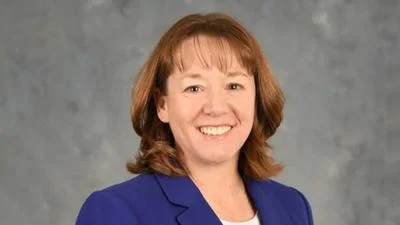Camille Lilly (D-Oak Park) | Photo Courtesy of Camille Lilly website
Camille Lilly (D-Oak Park) | Photo Courtesy of Camille Lilly website
The Illinois House approved health reforms backed by the Legislative Black Caucus that would address inequalities.
The measure is expected to cost the state between $5 and $12 billion, which has some Republican lawmakers saying the state cannot afford the price tag when the state budget is already more than $42 billion.
"The heart of the ILBC Black Policy Agenda to address systemic racism was justice, and these critical measures will go a long way towards providing health care justice for underserved families in Illinois," Rep. Camille Lilly (D-Oak Park) said in a release, adding that the state has the resources to support the initiative within the $42 billion budget.
The 227-page bill, introduced by Lily, was drafted to ensure racial inclusion and diminish racial bias and inequalities among Illinois' health care system, as well as expand access opportunities for low-income residents. An amendment was also recently designed to modify dementia training requirements for the Department of Aging.
Other particularities listed on the bill for enhancement include a prescription system reformation, funding for safety-net hospitals, and a sickle cell anemia prevention program, among other objectives. The bill also proposes temporary discontinuing hospital closures, establishing a commission for Medicaid commissioning, and additional training requirements for health care licensure renewals.
While some Republicans supported the bill, others questioned the financial burden projected to cost the state between $5 billion and $12 billion.
Republican Rep. C.D. Davidsmeyer (R-Jacksonville) suggested it was unfair to fund health care for the targeted communities when an additional $350 million K-12 education funding was placed on hold following budget cuts. Other Republicans also considered the financial weight when voting against the bill.
"One bill approved HB 158 has good intentions, however, I voted against the bill due to the fiscal impact estimated at $5-$12 billion," Rep. Amy Elik (R-Alton) said in a Facebook post. "The state can't meet its current obligations, let alone add another potential $12 billion in spending."
Democratic lawmakers, who attempted to pass a similar bill that didn't make it past a January General Assembly session, insist that health care improvements are worth the investment and will secure care for all residents.






 Alerts Sign-up
Alerts Sign-up